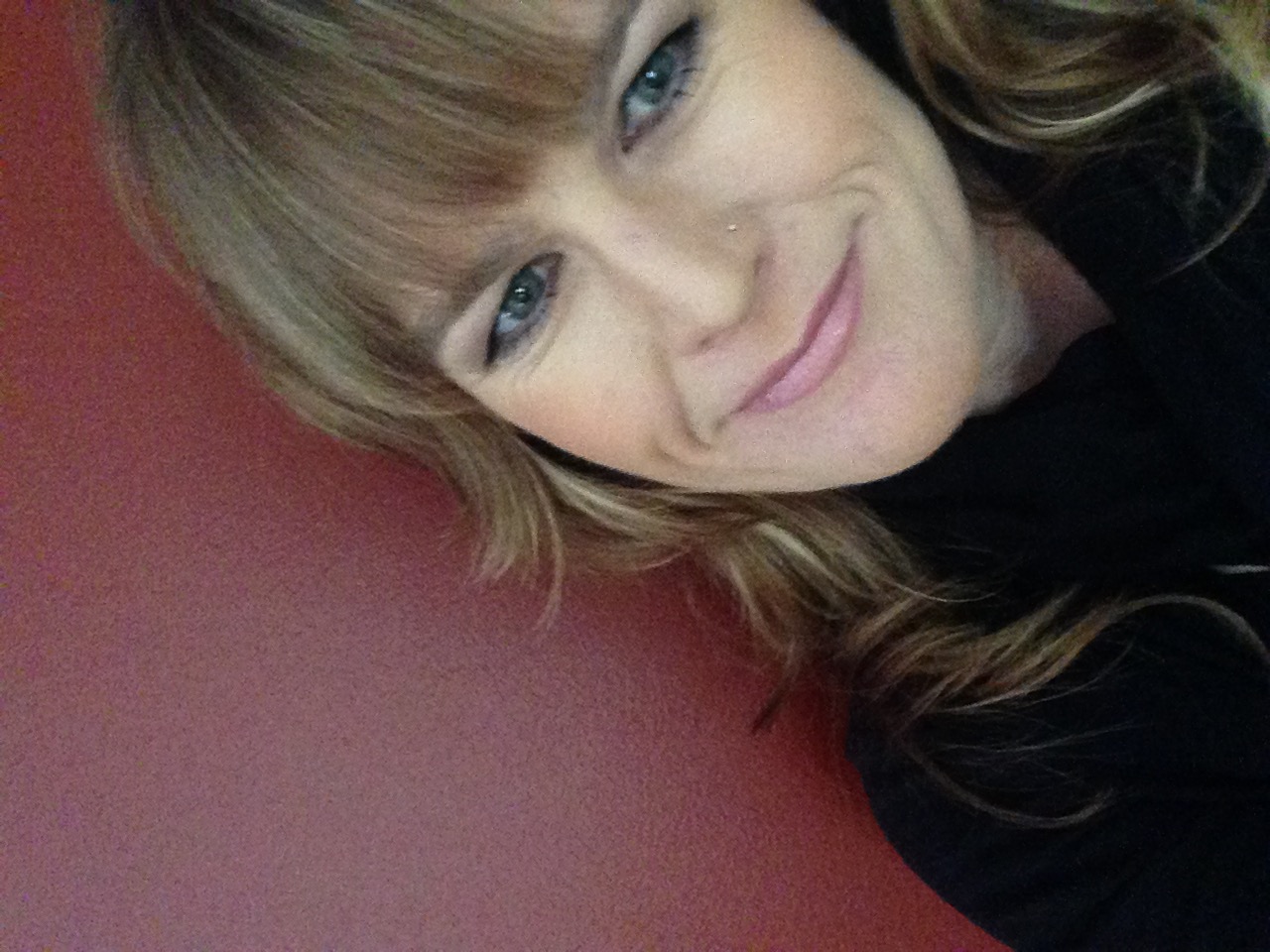I remember when they were little.
The the hardest it got was sleepless nights, a bit of vomit, juggling three kids, a trolley and a supermarket.
But it just was one great adventure: we laughed, we played and we created memories.
I loved those days.
Admittedly, I’ve done everything on my own and have no idea what it’s like to co-parent. I imagine that I would find it a challenge after doing it for 16 years—but I could certainly do with some support right now.
It was fun when they were little.
Now? It feels like drudgery and counting the days until they move past this moodiness and turn back into smiling, happy human beings.
I found a way to make my 10-year-old laugh the other day and it was the most beautiful sound in the world! I miss those days when we would laugh and be silly with each other. We don’t have fun with each other anymore and, as you would expect, teenagers are not keen to hang out with their family.
“How embarrassing Mum!”
We all make mistakes as parents and we all reflect on things we could have done differently. The biggest misjudgments I made were not being prepared enough for the changes and not realizing how very fast they turn from children to teens and from teens to young women.
If I could offer any advice to parents of teens and pre-teens, it would be this:
1. Start preparing yourself when they turn ten.
Yes, ten. The first physical signs of the transition appear about then, but even if your kid isn’t having these things happen, it’s guaranteed that kids their age at school are starting the transition into adulthood and therefore are beginning the moody transition.
2. Never take anything personally.
With my eldest, I took everything she said to me to heart and if it was remotely offensive or radical, I took her literally. If I could do it again, I’d take it all with a pinch of salt and interpret every little thing as a catastrophe waiting to happen.
Obviously, there are signs you should be watching out for to notice anxiety or depression or worse, a potential suicide. But provided you are happy and content in yourself, their behaviour is a reflection of them—not you.
3. Pick your battles.
Decide early what’s worth an argument and what isn’t worth it. This is a really personal one, especially because it comes down to personal values with issues such as drugs, respect, swearing and curfews.
I can’t offer any more here, except to get clear on what you expect and what’s reasonable for their age. What I view as something worth arguing about will probably be very different from what others do.
4. Establish boundaries with technology.
Technology is a nightmare for parents. I’m part of the first generation of parents to encounter social media and smartphones and associated technology and I’ll be the first to admit that I’ve made some mistakes in this area.
It’s very hard to parent something that is like a new toy to me—to figure out what the boundaries are for my kids when I’m still trying to figure out the boundaries for myself. So, the first priority here is to establish your own boundaries before creating rules for your teens who will call you on your hypocrisy immediately.
5. Be grateful for the little things.
It’s so easy to focus on all the things that are going wrong as your child transforms before your eyes. I’ve found it better to count my blessings for the few positives that do occur particularly between 13 and 16.
I’ve started writing sticky notes daily and leaving them where they can see them. I’m hoping that by shifting the focus to positives, it will lessen the arguments and they’ll remember how much I love them.
But, by far the biggest lesson I’ve learnt is this:
6. We cannot control who they will choose to be.
We can send them to the best schools we can afford and keep expressing our values and expectations, but ultimately, they will be who they will be. We cannot control that.
We cannot control their choice of friends, career or schooling choices and disapproving and judging them for it makes us the bad guys.
We have to trust that we have given them the values and behaviours that will make them good people. Then we have to step back and be there to pick them up when and if they fall and to celebrate in their small wins and the fact that they are growing up.
For me, stepping back and knowing how much to let them go and make mistakes has been the biggest challenge.
Watching them make errors in judgement is heart-breaking, but there comes a time when I need to step back and let them live their own lives. But finding the balance between holding on and letting go is a precariously fine line.
I suppose mostly, I’m grieving for those wonderful days that we had together as a young family and perhaps I’m not ready to be the mother of two teens and a pre-teen. But they can’t wait until I’m ready, I need to be ready now.
There’s a few more years to go until our little family is out of the dark days of moodiness, outbursts of anger and words that can’t be taken back.
But I hope and trust that they will come through the other end of this tricky time being the women who they were born to be—whatever that looks like.
In the meantime, I just love them for who they are right now and focus on being the most balanced, happy and centered Mum I can be.
Relephant:
Help! There’s a Teenager in my Yoga Class.
Author: Alyssa Curtayne
Editor(s): Khara-Jade Warren & Alli Sarazen
Image: Meral Crifasi/Flickr












Read 0 comments and reply